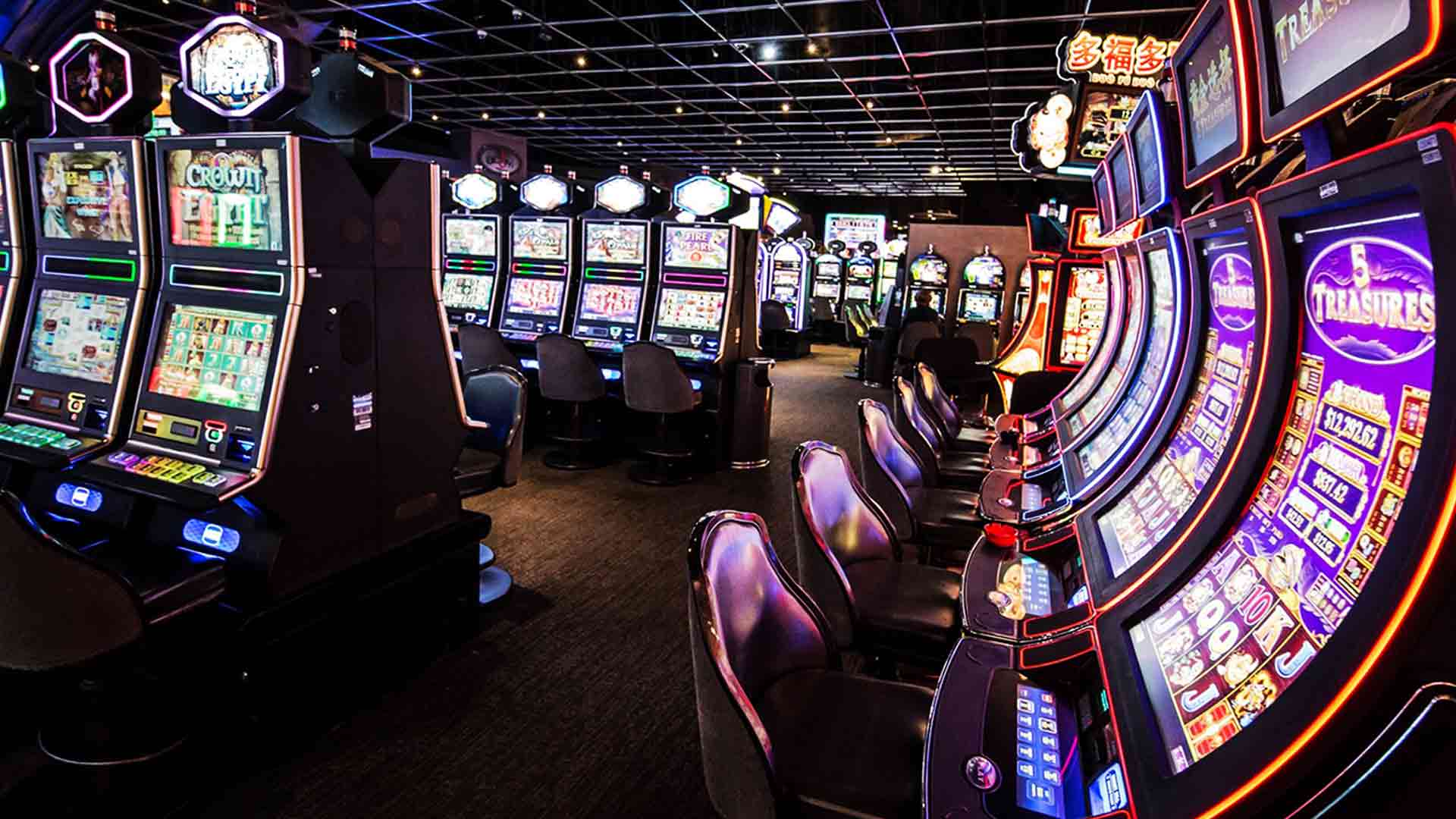Inside the Minds of Professional Gamblers
Inside the Minds of Professional Gamblers
When we picture a gambler, the image that often comes to mind is one of a high-roller, recklessly throwing chips on a table, driven by gut feelings and a thirst for adrenaline. This stereotype, fueled by Hollywood, couldn't be further from the truth when it comes to the world of professional gamblers. For these individuals, gambling is not a game of chance; it is a meticulously calculated business. Their success is built not on luck, but on a foundation of discipline, mathematical prowess, and unshakeable emotional control. To truly understand them, we must look beyond the casino floor and delve into the complex psychology and strategy that defines their craft.
The fundamental difference between an amateur and a professional lies in their approach to risk and money. An amateur plays with "scared money"—funds they cannot afford to lose—leading to emotional decisions. A professional, on the other hand, operates with a dedicated bankroll. This isn't just a pile of cash; it's their business capital. The single most important skill in their arsenal is bankroll management. They know precisely how much of their total capital to risk on any single wager, often a tiny percentage like 1-2%. This strategy mathematically minimizes the risk of ruin, ensuring that a string of bad luck—which is statistically inevitable—doesn't wipe them out. They understand that the goal isn't to win every bet, but to remain in the game long enough for their statistical edge to materialize into profit.
This edge is found through the relentless pursuit of "positive expected value" (+EV). A professional gambler's mind is a sophisticated calculator, constantly assessing probabilities and comparing them to the odds on offer. They aren't betting on which team they think will win the game; they are betting on whether the odds offered by the bookmaker are a misrepresentation of the true probability. For example, if they calculate a coin has a 55% chance of landing on heads, but they are offered odds that imply a 50% chance, that is a +EV bet. This analytical mindset requires extensive research, data analysis, and the ability to build predictive models. Whether in sports betting, poker, or blackjack, the professional is always hunting for value, turning a game of chance into a game of skill over the long term.
Perhaps the most challenging aspect of this profession is mastering one's own psychology. The human brain is not wired for professional gambling. We are prone to cognitive biases, such as chasing losses after a bad beat or becoming overconfident after a winning streak. The professional gambler must be a master of emotional detachment. They treat wins and losses with the same stoic indifference, viewing them merely as data points in a long-term strategy. The dreaded "tilt"—a state of emotional frustration that leads to poor decision-making—is their greatest enemy. They have developed mental frameworks and routines to step away when they feel emotion creeping in. This level of detached, strategic thinking is honed through thousands of hours of practice, often in environments that simulate real-world pressure. For many, platforms like an m88 live casino provide a sophisticated arena to test strategies against real dealers and opponents, demanding the same level of focus and discipline as a physical casino.
Ultimately, the mind of a professional gambler is a unique blend of a mathematician, a stock trader, and a stoic philosopher. They operate in a world of variance and uncertainty, but they navigate it with logic and a rigid set of rules. They embrace losses as a necessary business expense and understand that profitability is not measured in a single day or week, but over months and years. It is a grueling, high-pressure career that demands constant learning and adaptation. So the next time you see someone at a poker table or studying betting lines, remember that you might not be looking at a thrill-seeker, but a sharp-minded professional executing a complex business plan where the primary asset is their own mind.
tag: M88,



